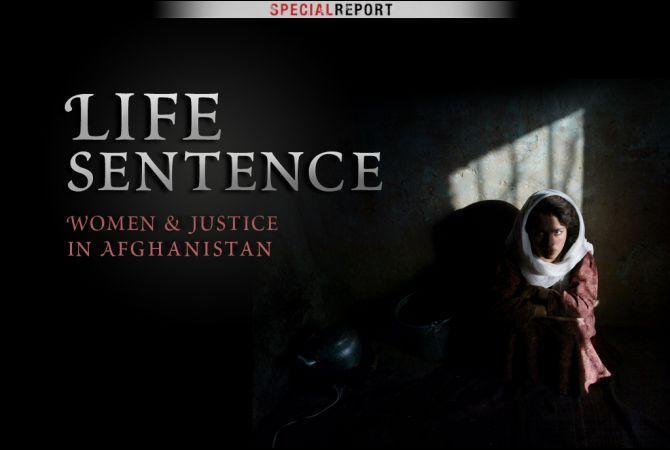Life Sentence: Women and justice in Afghanistan
In the decade since the United States invaded Afghanistan and toppled the Taliban government in Kabul, many positive changes have taken place in Afghanistan, particularly for women. There are many oft-cited statistics to illustrate this, including: the 2.7 million girls now in school, the 68 women currently in parliament, a female provincial governor, a female cabinet minister, and advocacy groups all over the country working to better the lives of Afghan women.
But GlobalPost has spent several months unearthing other facts and previously untold stories of women and girls caught in the labyrinth of Afghan’s corrupt and failing judicial system. These facts and the stories behind them do not bode so well for the future of Afghanistan’s women:
*Violence against women has never been higher, according to the Afghan Independent Human Rights Commission (AIHRC). The statistics for 2011 show a sharp increase over the same period in 2010.
*Nearly 90 percent of all cases, both criminal and civil, are settled in informal (tribal) courts, where women’s rights are almost universally ignored.
*Tribal courts still widely engage in practices inimical to women, such as “ba’ad” — the tradition of bartering a girl or woman as settlement for a dispute between families.
*Tribal courts now enjoy US funding and protection; the US government is putting roughly $15 million into the so-called ‘informal justice’ sector this year.
*Critics of the program worry that by providing aid and support for these tribal courts, the US government is giving legitimacy and power to a structure that will never defend the rights of women.
As women’s rights activist Roshan Sirran stated in an interview with GlobalPost: “In the tribal courts, the first sacrifice is women. Always.”
In this ‘Special Report’ titled “Life Sentence: Women and Justice in Afghanistan,” GlobalPost correspondent Jean MacKenzie examines several heart-wrenching stories that have not made it into the media spotlight. These are tales of women who have been unfairly imprisoned, traded off like sheep to settle murder cases, mistreated by family members and isolated from society by traditions that they are powerless to change.
In every case, the tribal courts, often aided by the state system, were the perpetrators of injustice.
For too many Afghan women, it seems just being born in the country amounts to a life sentence.
This story is presented by The GroundTruth Project.
The World is an independent newsroom. We’re not funded by billionaires; instead, we rely on readers and listeners like you. As a listener, you’re a crucial part of our team and our global community. Your support is vital to running our nonprofit newsroom, and we can’t do this work without you. Will you support The World with a gift today? Donations made between now and Dec. 31 will be matched 1:1. Thanks for investing in our work!
